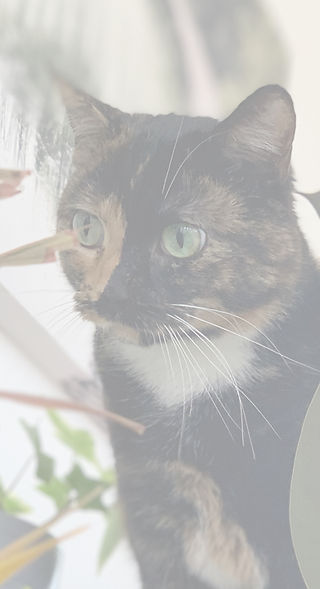
C A R E V E T S
Your local independent vet

DOES MY PET NEED A VACCINATION?
Q: What are vaccines?
Drugs to protect your pet against contagious and often fatal diseases. Your pet will make antibodies after vaccination to protect them against these diseases.
Q: When does my pet need to start vaccines?
Ages vary depending on if your pet is a cat or a dog and what type of vaccine is given. In general they are started between 6-8 weeks old (first vaccination) and are repeated between 2-4 weeks (second vaccination) - this is your pet’s primary vaccination course. A booster is given normally 1 year after this.
Q: What do we vaccinate against?
Many things can be vaccinated against but some of the main diseases are are:
canine and feline parvo
distemper
leptospirosis
feline leukaemia
feline and canine rhinotracheitis
We vaccinate to protect our pets of course, but leptospirosis (lepto for short) can be passed onto humans - another good reason for keeping your pet’s vaccinations up to date.
Q: How old should my pet be for their first vaccination?
Puppies 6-8 weeks
Kittens 9 weeks
Q: And for their second vaccination?
This depends on the age of the first vaccination and the brand of vaccine given, we can advise you on this.
Q: Can my pet be vaccinated if they are unwell?
No, it's not recommended and we would need to make your pet better before we can start a vaccine course.
Q: What if I don’t know if my new pet has been vaccinated?
Best to assume they've not had any vaccinations and restart.
Q: My pet is old now, do they need a vaccination?
As we get older our immune system can be less efficient so it is a good idea to keep up to date with vaccinations at this time of life.

Vaccinating your dog
First vaccinations and boosters are important to protect your dog from often fatal diseases like parvovirus, distemper and leptospirosis. They can also reduce the severity of other diseases like kennel cough.
A small amount of the virus or bacteria that we want to protect from is given in a dead or modified strain which is harmless to your dog but allows the immune system to recognise it so it can attack and kill it, should your dog be exposed to it.
Vaccines are best given when your dog is a puppy, as it will not only protect your dog but the whole dog population locally.
During your vaccination consultation, your BestFriend will be given a top to toe examination. Hopefully your pet will be given a clean bill of health, but it is during this check that potential issues can be detected early, which helps you both going forwards.
What does vaccination protect against?
To keep your dog healthy we recommend that they are protected against
-
Canine parvovirus (parvo)
-
Canine infectious hepatitis
-
Distemper
-
Rabies* (if you're both planning to travel out of the UK
* not part of core vaccines, and not included in BestFriend.

Vaccinating your cat
Feline parvovirus (FPV)
Feline parvo/panleukopaenia.
Causes vomiting diarrhoea and sometimes death.
Cat flu (FHV, FCV)
Herpes Virus (FHV) and calicivirus (FCV).
Cat flu causes respiratory problems - sneezing, fever, runny nose, and can also cause ulcers in the mouth and eyes. If infected your cat can carry it for life and can flare up at any time.
Feline Leukaemia Virus (FeLV)
Leukaemia virus affects the cat's immune system causing cancer such as lymphoma and leukaemia and because it affects the immune system it can increase your cat's risk of other diseases. Often cats are diagnosed too late as signs can be vague.

Vaccines are FREE in your BestFriend plan